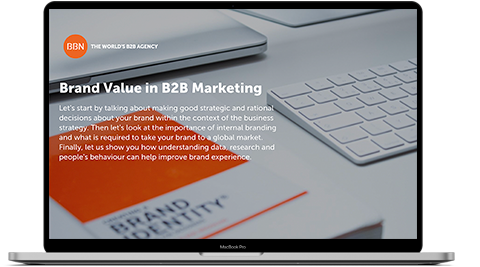Lead scoring and prioritisation of sales resources
A great deal of information gets revealed along a customer journey and their interaction with your content. Marketing automation allows you to capture, categorise, analyse and score this information to segment potential leads or customers. These segments then get moved through other channels for nurturing or directly to your sales teams for closing deals.
These insightful profiles are leveraged to provide marketing, service and sales departments with the information they need to personalise further sales, support and nurturing efforts.
By utilising automation of this process, you can streamline efforts across multiple departments, allocating resources to those leads that will benefit both your brand and the prospect the most.
Progressive profiling with dynamic fields
Your sales team is only as good as the leads you provide them. Up until recently, improving lead quality has been limited. Today, marketing automation enhances lead forms in a way that produces higher quality leads, giving sales teams the advantage.
Progressive profiling is a way to enhance lead forms without burdening a new lead with lots of questions on their first visit to your site. Instead, your forms will display questions based off of the information you already have about that lead, making the questioning process seem less invasive. Progressive profiling requires fewer forms and gets more info from visitors providing an immediate positive effect on your lead gen efforts.
Coordinate seamless campaigns when delivering the journey
Those brands that have implemented automation see an improvement in brand perception, engagement and loyalty. However, synchronisation and cohesiveness are becoming more complicated, with your target audience typically engaging with multiple “touchpoints” before becoming a customer.
For example, a prospect may conduct a Google search, check out your website and head over to your social media profile. In the process, they get distracted, but later that day, they see a retargeting advert and click on that. The ad takes them to a landing page where they opt into a newsletter and receive an email sequence. In that sequence, they click on email #5 and eventually make it to your sales page where they convert to a buyer.
The above is just one of a virtually endless set of possibilities, which makes coordinating and delivering a smooth and continuous campaign that much more important. Luckily for us, marketing automation and technology have made this endeavour more seamless than ever before.
Not only that, the narrative, tonality, messaging, beliefs, value propositions, unique positioning and more are all consistent, providing a unified message that builds trust and converts “browsers” to buyers.
Do you want to learn more about how technology can impact your marketing strategy? GET THE FULL GUIDE







